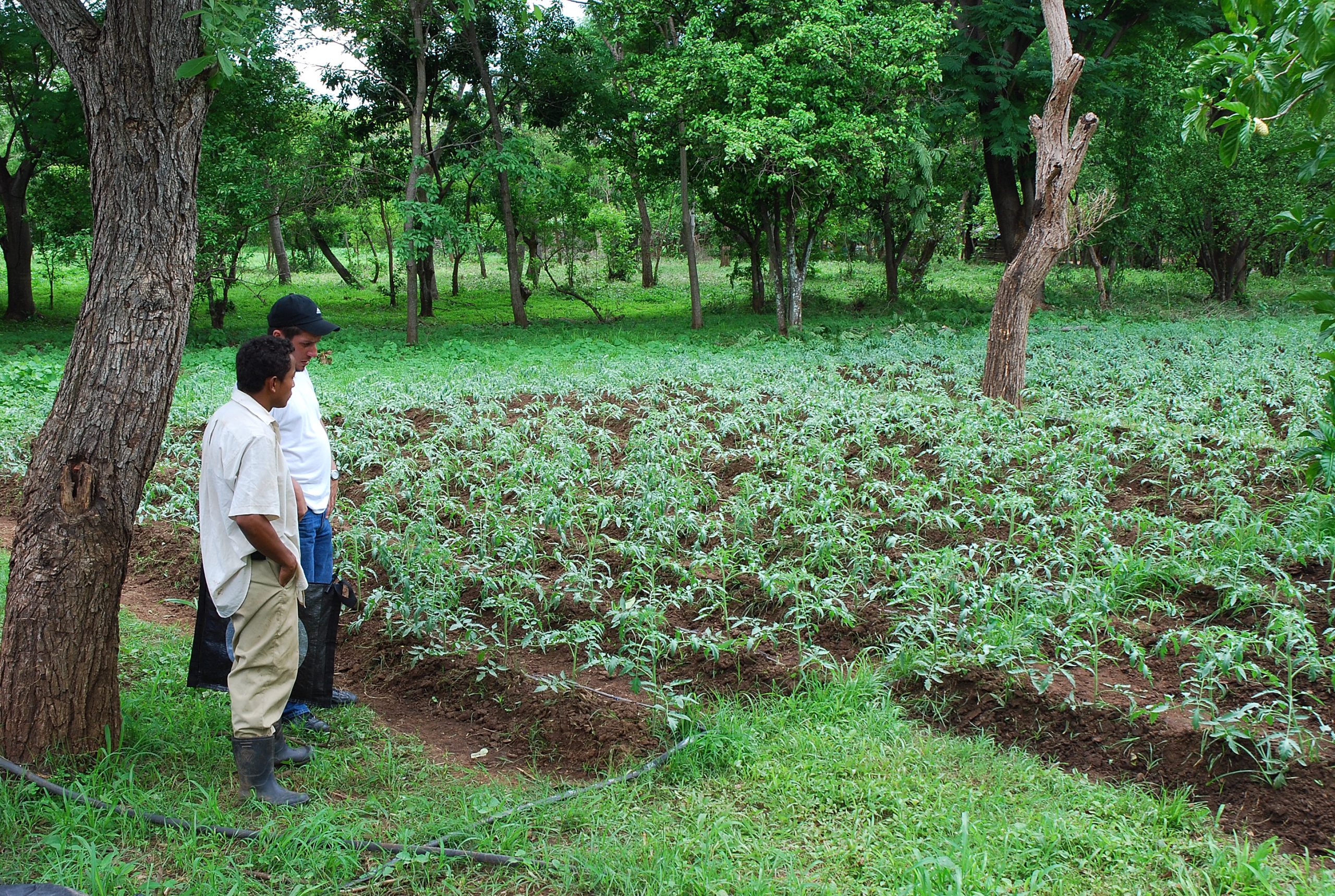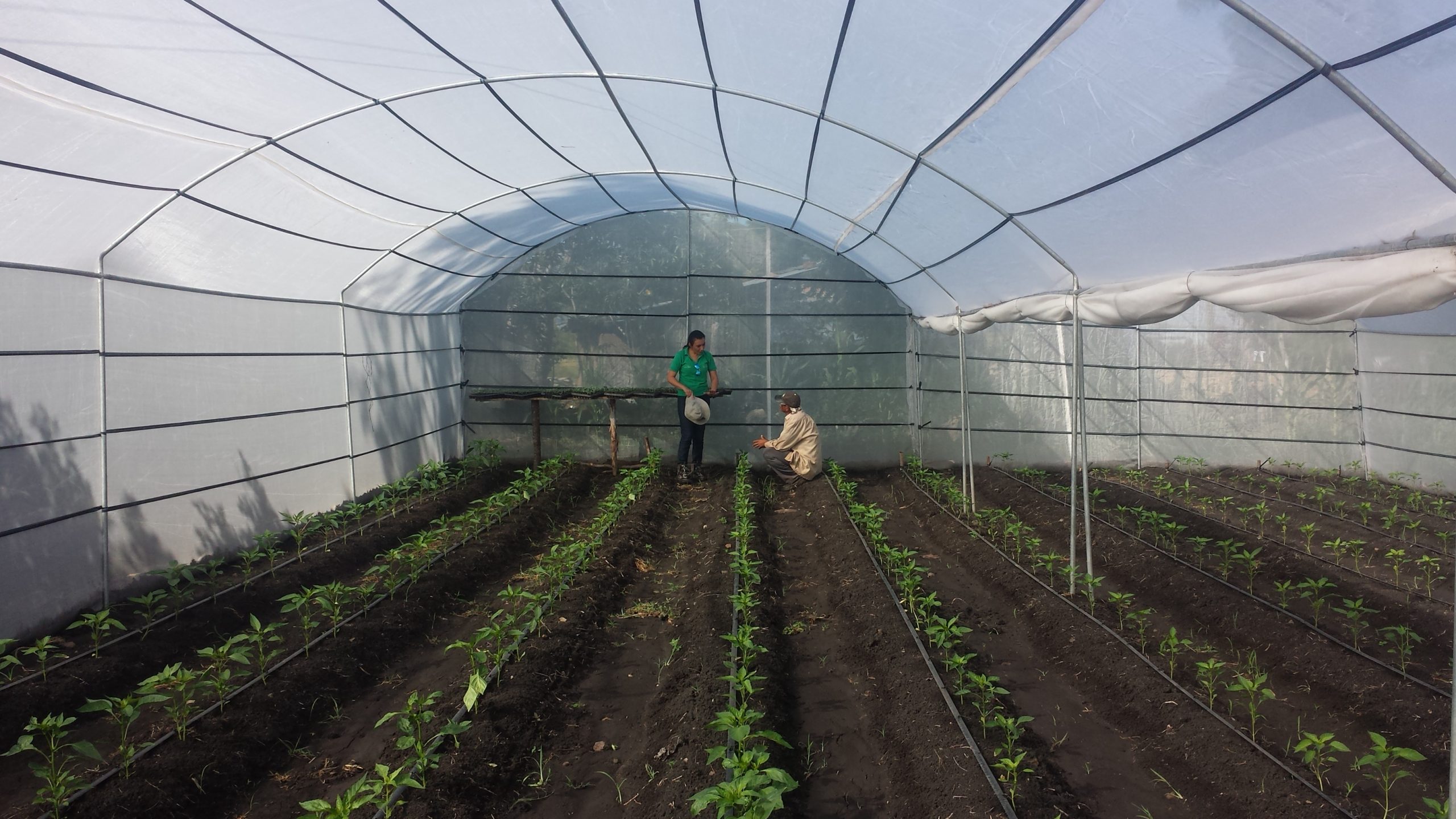Background
Nicaragua’s agricultural sector represents 20% of annual GDP and 60% of exports. Among the sector’s most important products are basic grains which are responsible for around 40% of agricultural-derived GDP, and coffee, as well as various fruits and vegetables. Like the livestock sector grain, coffee, fruit and vegetable farms are significantly less productive than farms in neighbouring countries, a situation that represents a significant opportunity for improving the country’s prosperity through technological and market oriented advancements.
Nicaragua’s government recently announced tax liberation for irrigation systems which will lead to a decrease in price of up to 15%. Backed by the favourable political development, energy efficient water management solutions are an important factor to support the highly underserved smallholder farmers and provide an entry point for developing a clean energy market.





